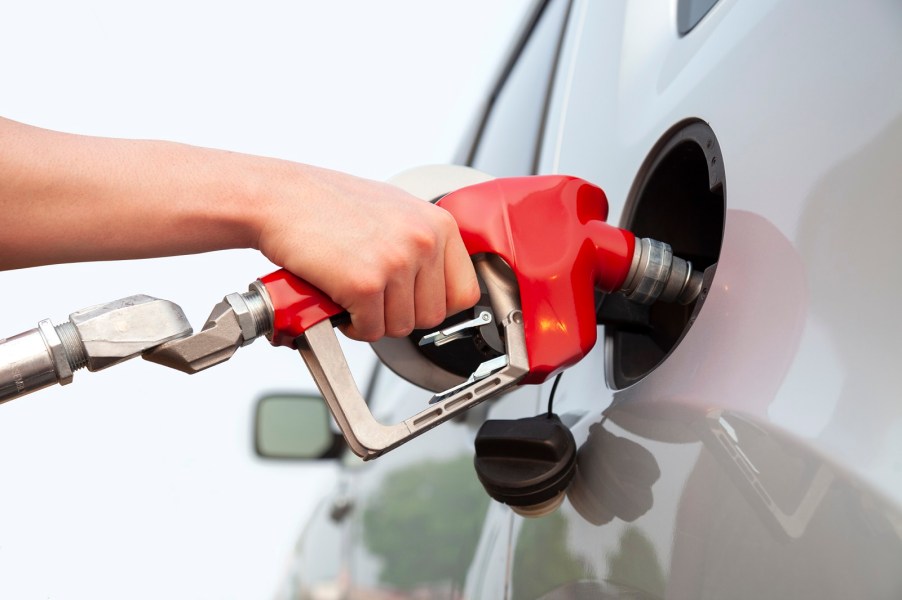
If you’re driving under an EPA emergency fuel waiver this summer, you’ll need a lesser-known maintenance service
On August 1, 2024, the EPA released a statement that four U.S. states would carry an emergency fuel waiver for 20 days. Illinois, Indiana, Michigan, and Wisconsin faced a fuel shortage after the ExxonMobil Refinery in Joliet, Illinois, shut down in July following major storms.
While the refinery’s power is restored, the supply interruption will take weeks to correct. According to WRTV Indianapolis, the refinery produces 9 million gallons of gasoline and diesel fuel per day. Even a brief shutdown can seriously impact regional fuel supplies.
As such, EPA Administrator Michael S. Regan can temporarily lift certain regulations to ensure gasoline shortages have as little effect on the population as possible. The waiver’s focus is specially tuned to emergency services, like first responder fuel supplies.
Federal regulations require the sale of gasoline with low Reid Vapor Pressure (RVP) during summer. High RVP fuels evaporate quickly in warm weather, increasing ozone and smog levels. The mandate for reformulated gasoline in four states is also temporarily lifted. Reformulated gasoline is designed to burn more cleanly and decrease air pollution.
For drivers in these states: Understand that your current gasoline options might burn less cleanly.
The use of these “lesser preferred” fuels might increase carbon buildup in your engine. Carbon causes performance problems, with symptoms ranging from mild misfiring to poor fuel economy. To combat these cruddy possibilities, you should consider visiting a certified shop for a fuel system treatment as we head into fall.
Fuel system treatments aren’t typically included in factory-recommended maintenance schedules, so most drivers never consider this service.
At the shop where I worked for many years, we used various brands and either single products or multi-stage kits. Yes, technically, you can install these products yourself. For DIYers, I’ll embed a great video from Scotty Kilmer explaining how to use a fuel injector cleaner to help with poor engine performance below. Scroll to 4:42 to see him install the cleaner. I’d recommend waiting until the emergency fuel waiver is lifted and you’re back to using fully regulated gasoline.
Emergency fuel waivers aren’t rare since the country occasionally suffers fuel supply disruptions for a variety of reasons. The U.S. typically has several fuel waivers every year. The EPA has a page listing its emergency fuel waivers in chronological order.



